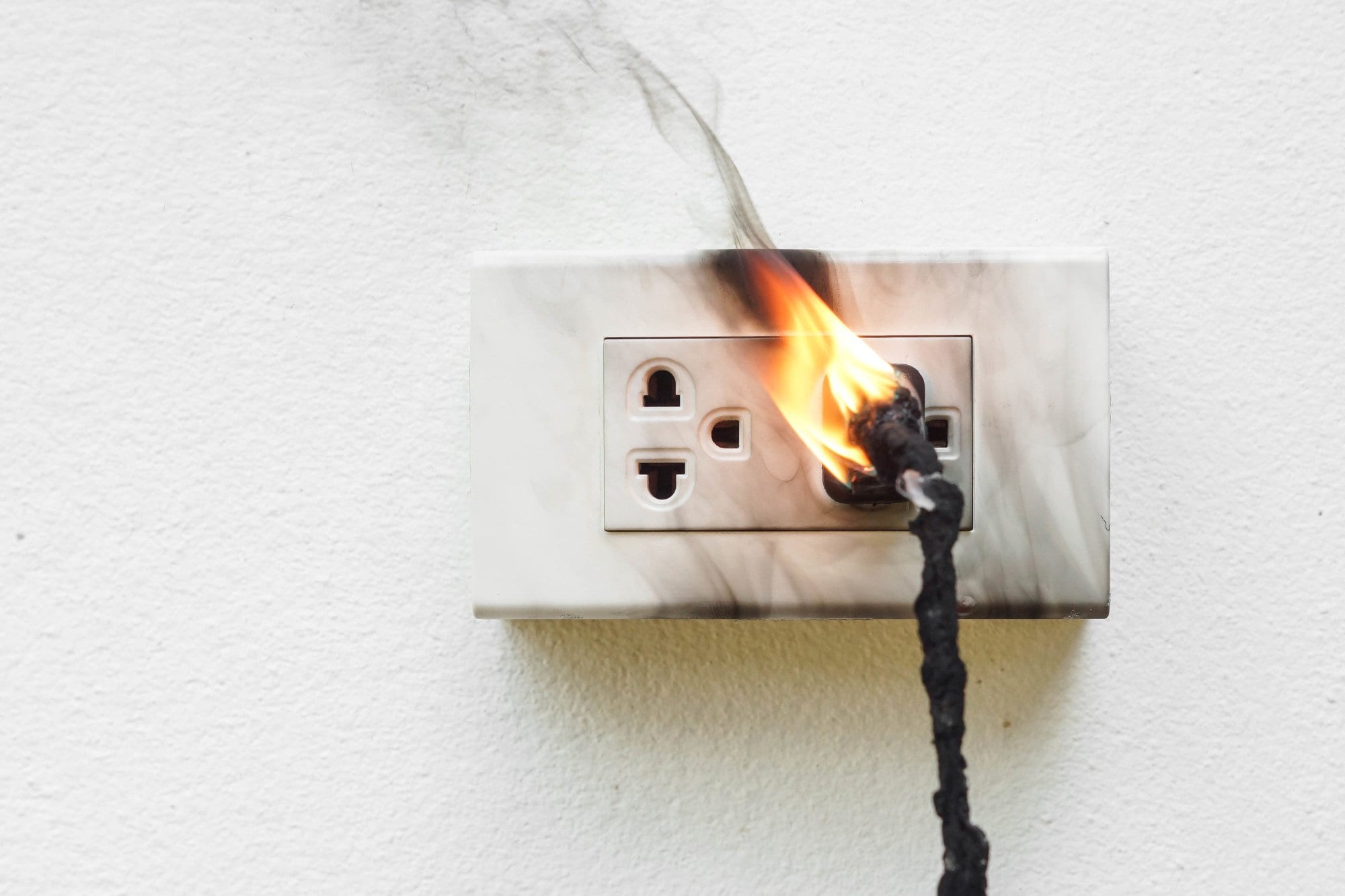Keeping the Sparks Away: Essential Electrical Fire Prevention Tips Electrical fires, though often preventable, remain a significant hazard in homes and workplaces. Understanding the underlying causes and implementing proactive measures are crucial for safeguarding lives and property. From faulty wiring to overloaded circuits, several factors can ignite these dangerous blazes. Fortunately, a combination of vigilance, regular maintenance, and smart practices can significantly reduce the risk. One of the most critical steps in preventing electrical fires is ensuring your home’s wiring is up to code. Older homes, in particular, may have outdated wiring systems that cannot handle the demands of modern appliances. If you suspect your wiring is outdated or damaged, consult a qualified electrician for an inspection and necessary upgrades. Look out for warning signs like flickering lights, frequently tripped circuit breakers, or warm outlets. These are indications of potential issues that require immediate attention. Regular checks can prevent minor problems from escalating into major fire hazards. Overloading circuits is another common cause of electrical fires. Each circuit in your home is designed to handle a specific amount of electrical current. Plugging in too many high-wattage appliances into a single circuit can overload it, causing the wires to overheat and potentially ignite. Avoid using extension cords as permanent solutions, and never daisy-chain power strips. Instead, distribute the load across multiple circuits or consider installing additional outlets. Using surge protectors can also help safeguard sensitive electronics from power surges, which can sometimes lead to fires. Appliances and cords also demand careful attention. Regularly inspect cords for fraying, cracks, or damage. Damaged cords can expose bare wires, creating a risk of electrical shock and fire. Never run cords under rugs or carpets, as this can trap heat and lead to overheating. Ensure appliances are properly maintained and cleaned, especially those that generate heat, such as dryers and space heaters. Keep flammable materials away from these appliances. Unplug unused appliances and avoid overloading outlets with multiple adapters. Proper use of light fixtures is also crucial. Ensure that light bulbs are the correct wattage for the fixture. Using bulbs with higher wattage than recommended can cause the fixture to overheat. Check for loose connections and replace any damaged or frayed wiring. Never cover light fixtures with flammable materials, such as fabric or paper. Installing smoke detectors and testing them regularly is a fundamental safety measure. Smoke detectors provide early warning in case of a fire, giving you precious time to evacuate and call for help. Finally, consider investing in arc-fault circuit interrupters (AFCIs) and ground-fault circuit interrupters (GFCIs). AFCIs are designed to detect arc faults, which are dangerous electrical sparks that can occur due to damaged wiring or loose connections. GFCIs, on the other hand, protect against ground faults, which occur when electricity flows through an unintended path, such as through a person. These devices can significantly enhance your home’s electrical safety and are especially important in areas prone to moisture, such as kitchens and bathrooms. By staying informed and taking proactive steps, you can significantly reduce the risk of electrical fires and create a safer environment for yourself and your family.
How to Prevent Electrical Fires
Preventing electrical fires requires vigilance, regular maintenance, and smart practices like avoiding overloaded circuits, maintaining wiring and appliances, and installing safety devices.

